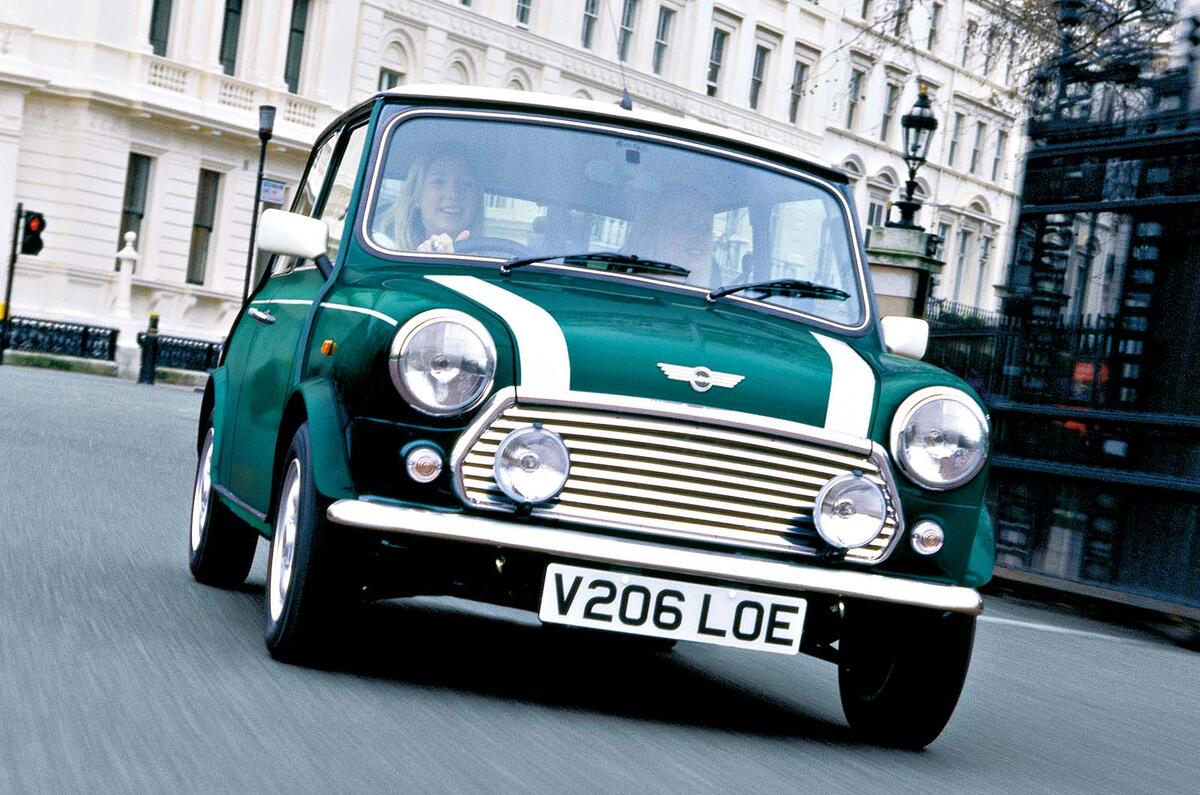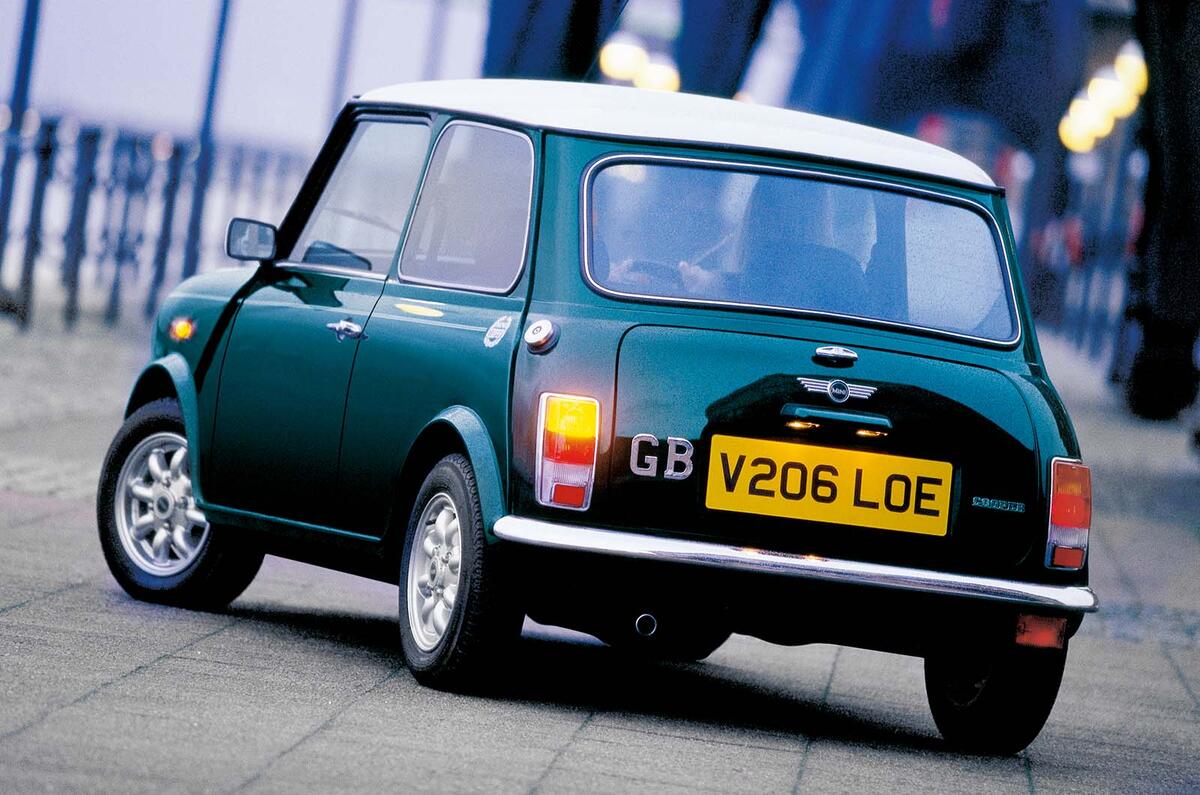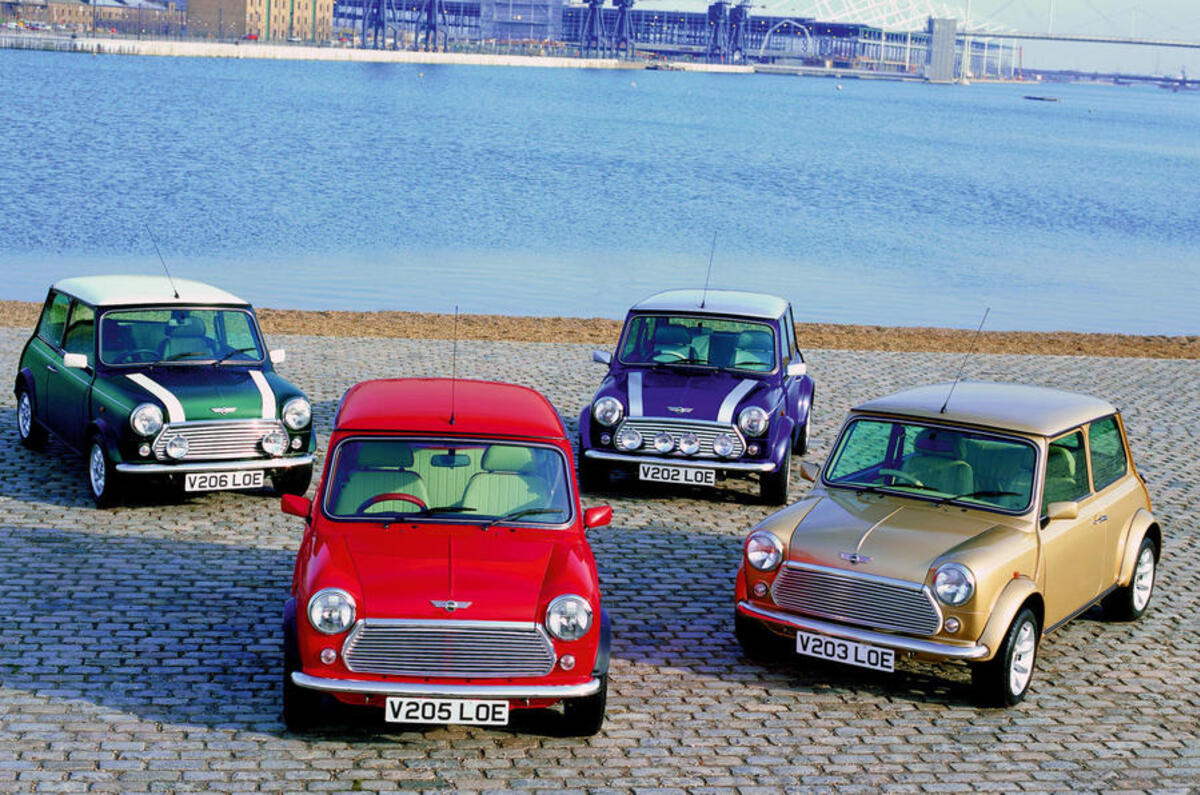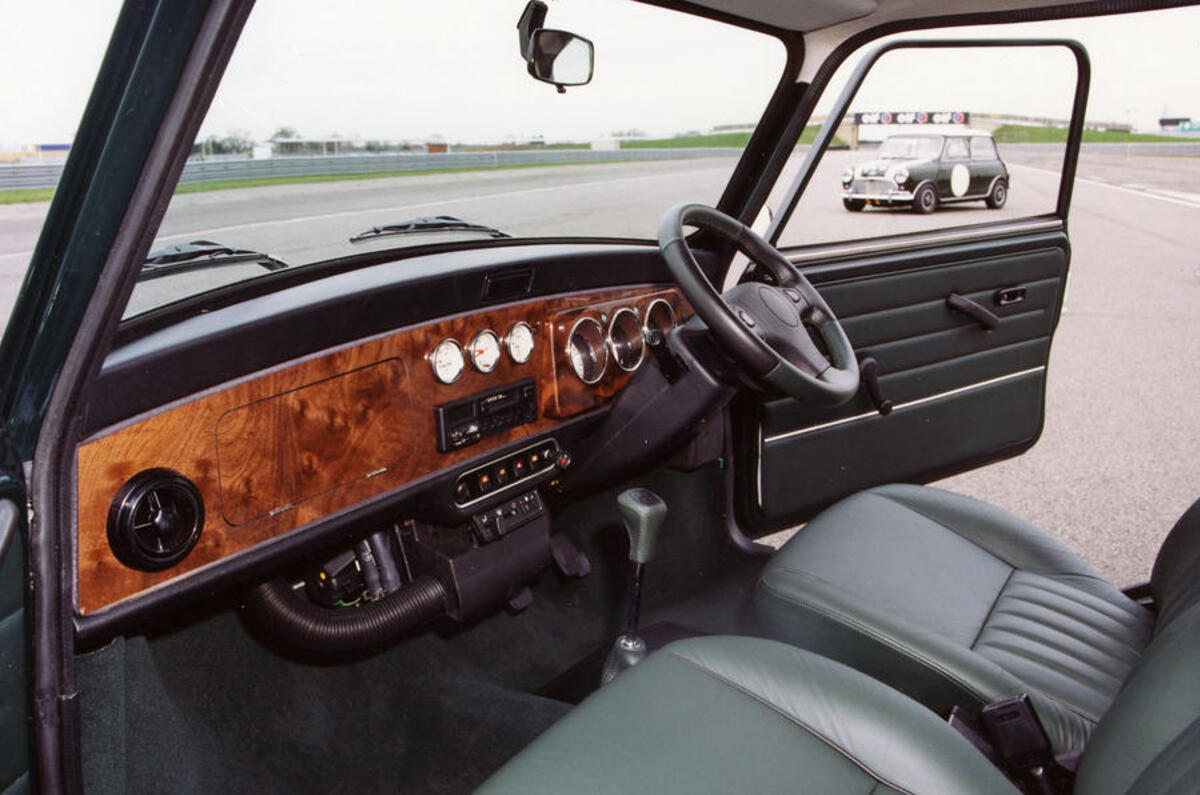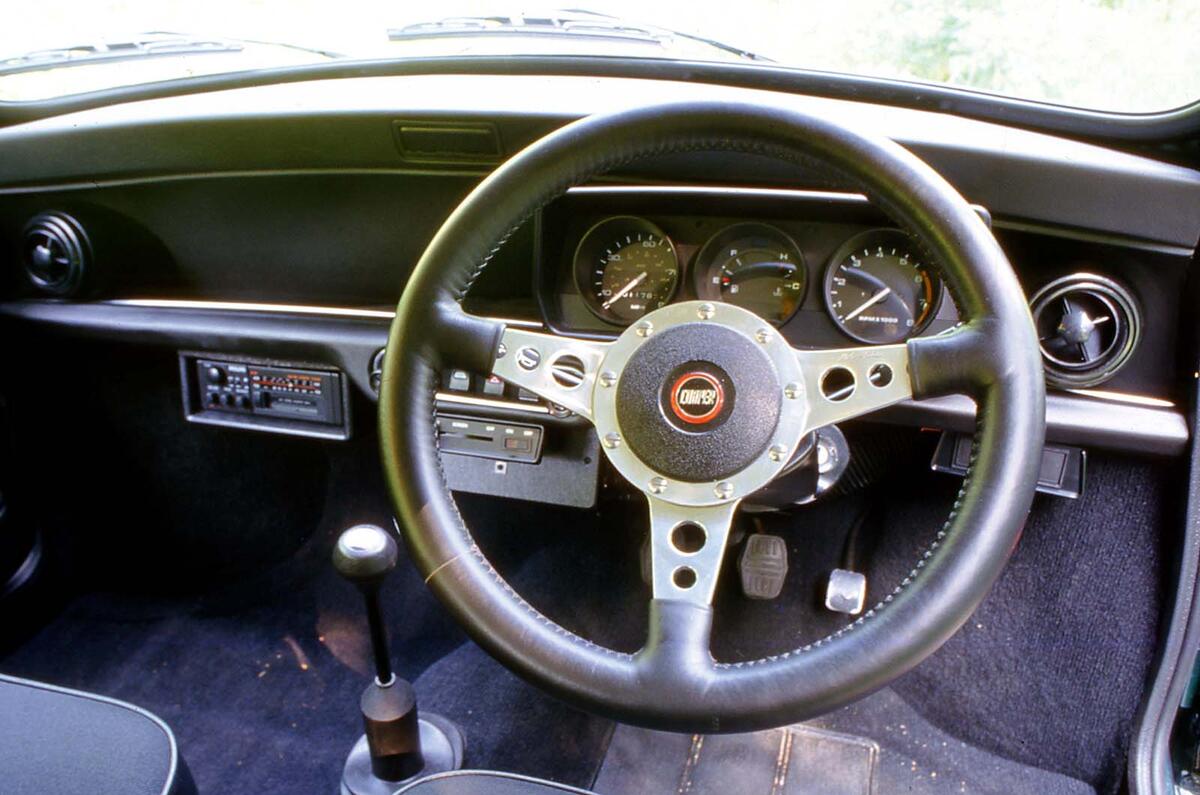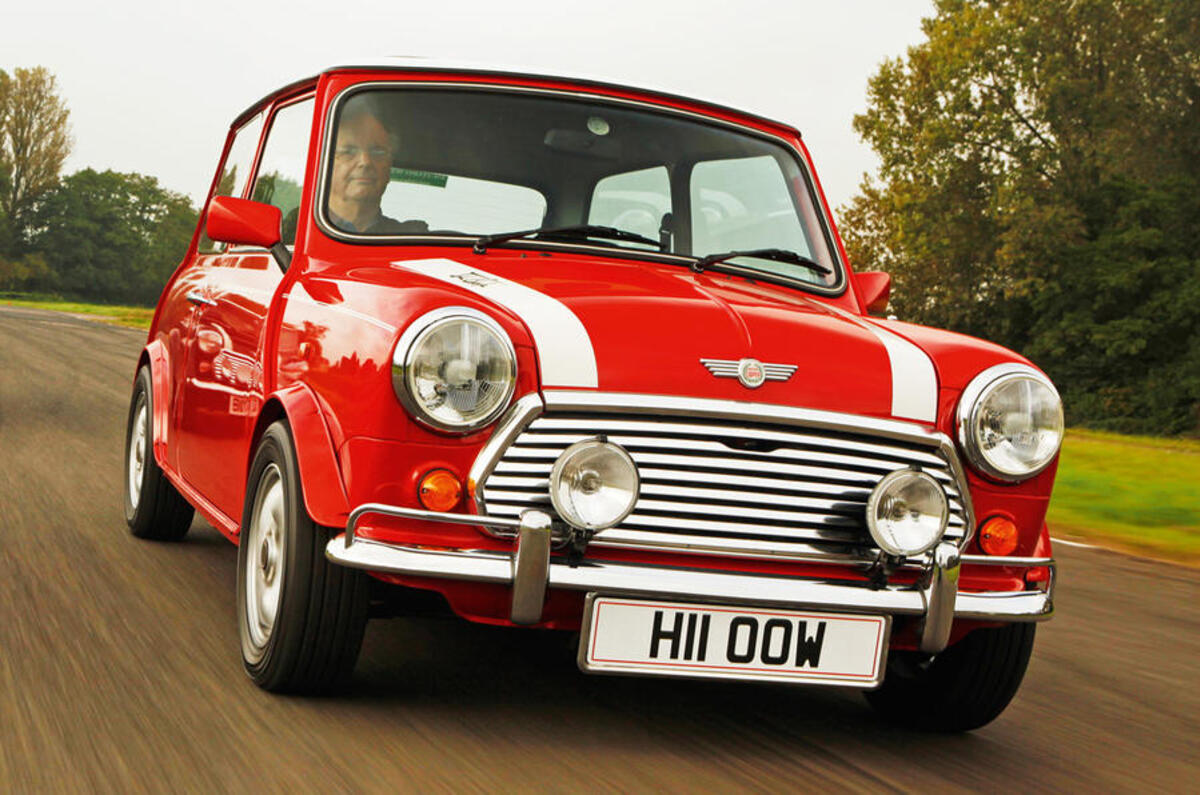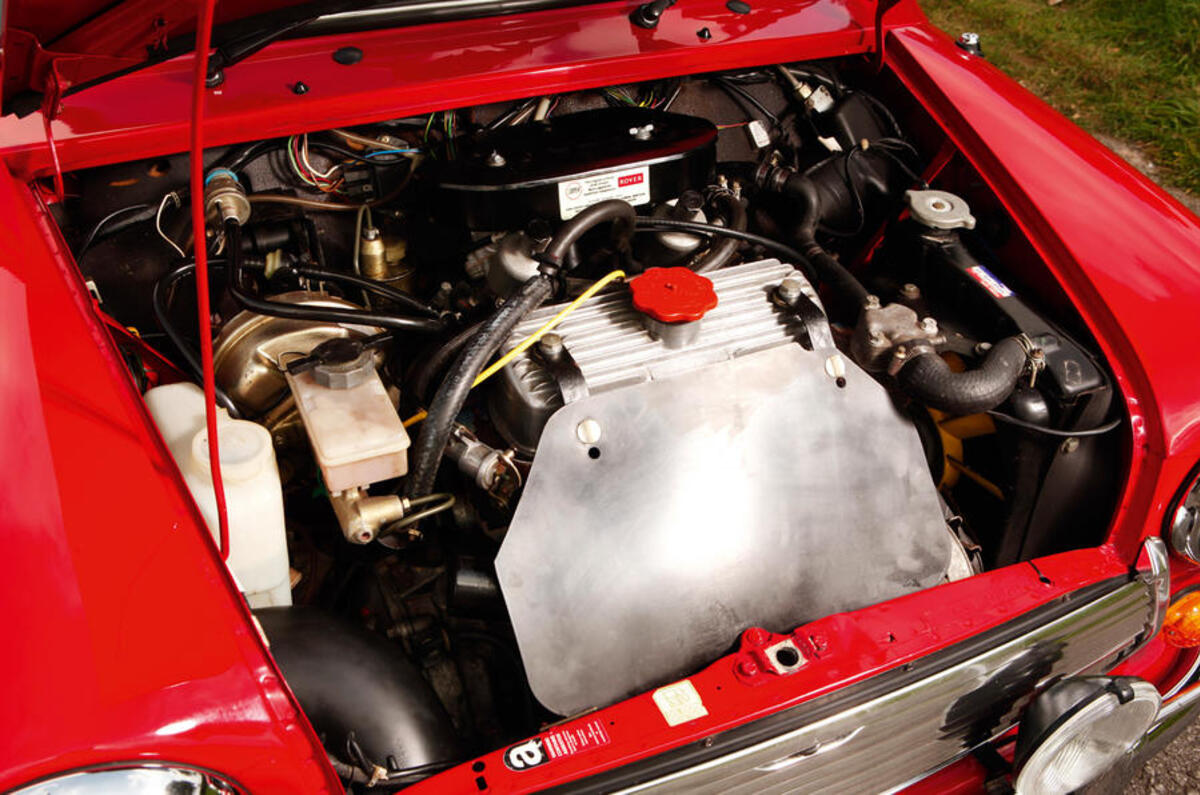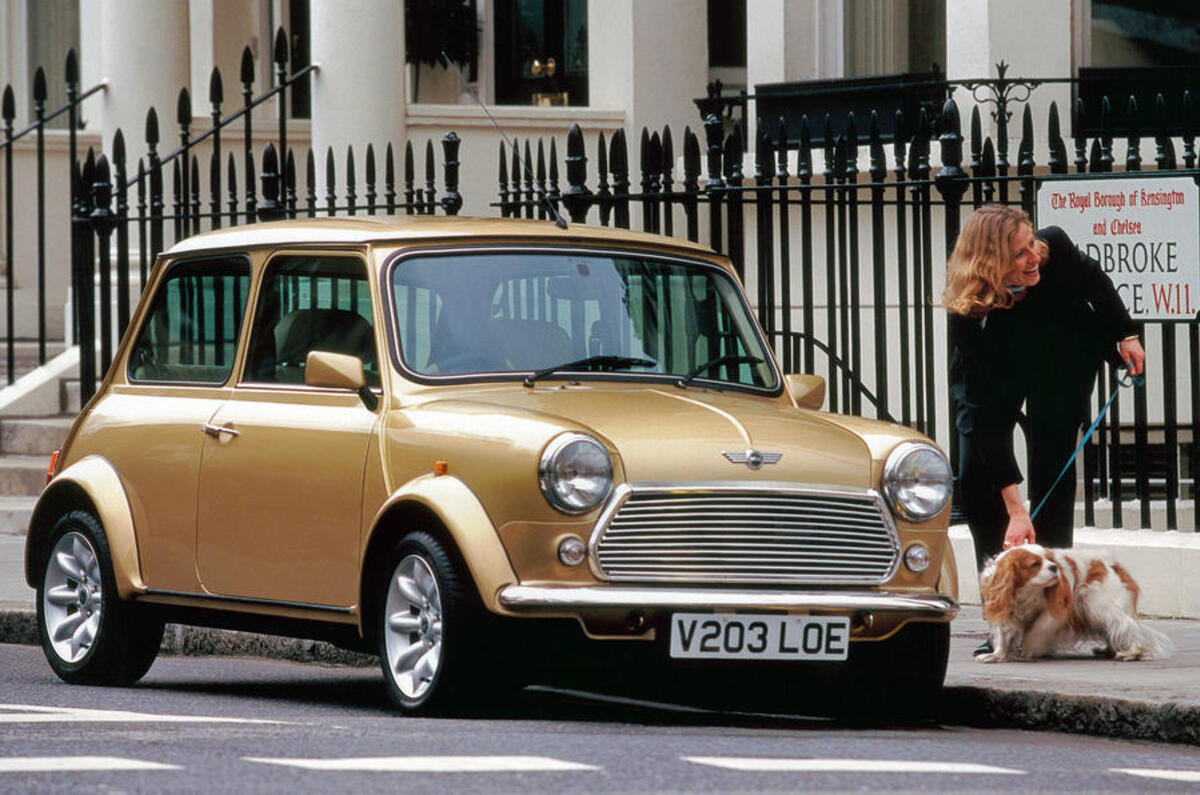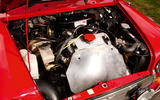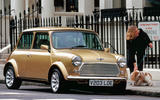Is the Rover Mini reliable?
Minis of this generation have the ability to soldier on even when something isn't quite right, with failure normally occurring when an ancillary part gives up the ghost. This is a generalisation but something that many owners have experienced.
It might be worth totting up on how to service and/or repair them yourself, given that they're mechanically quite simple and it will vastly reduce your chances of becoming stranded.
There are, however, more obvious things which you should be aware of before you buy. Let's run through them:
Engine: Check for oil leaks. Worn seals or gaskets are an issue, so make sure that regular oil checks have been done. Budget around £200 to fix any leaking seals or gaskets. Some owners report cars cutting out when declutching to change gear. This could be just a poor connection between the alternator and battery, or it could be a fuel system blockage. Alternatively, check the battery has a decent level of charge: it can run out and shut the engine down.
Engine mounts can rust or loosen, leading to rough running and vibrations through the gearstick and clutch pedal when idling or accelerating. Make sure the car revs smoothly, ideally on a test drive to check it’s behaving normally.
Brakes: Be watchful for seized brake pistons and calipers. If the car pulls to one side or squeals excessively under braking, this could be the issue. Check there isn’t too much pedal travel before the brakes engage. Also check it’s not a hydraulic pressure-related issue. Stamp on the pedal and make sure it goes all the way to the floor: if it doesn’t, it’s likely to do with the brake’s mechanicals.


